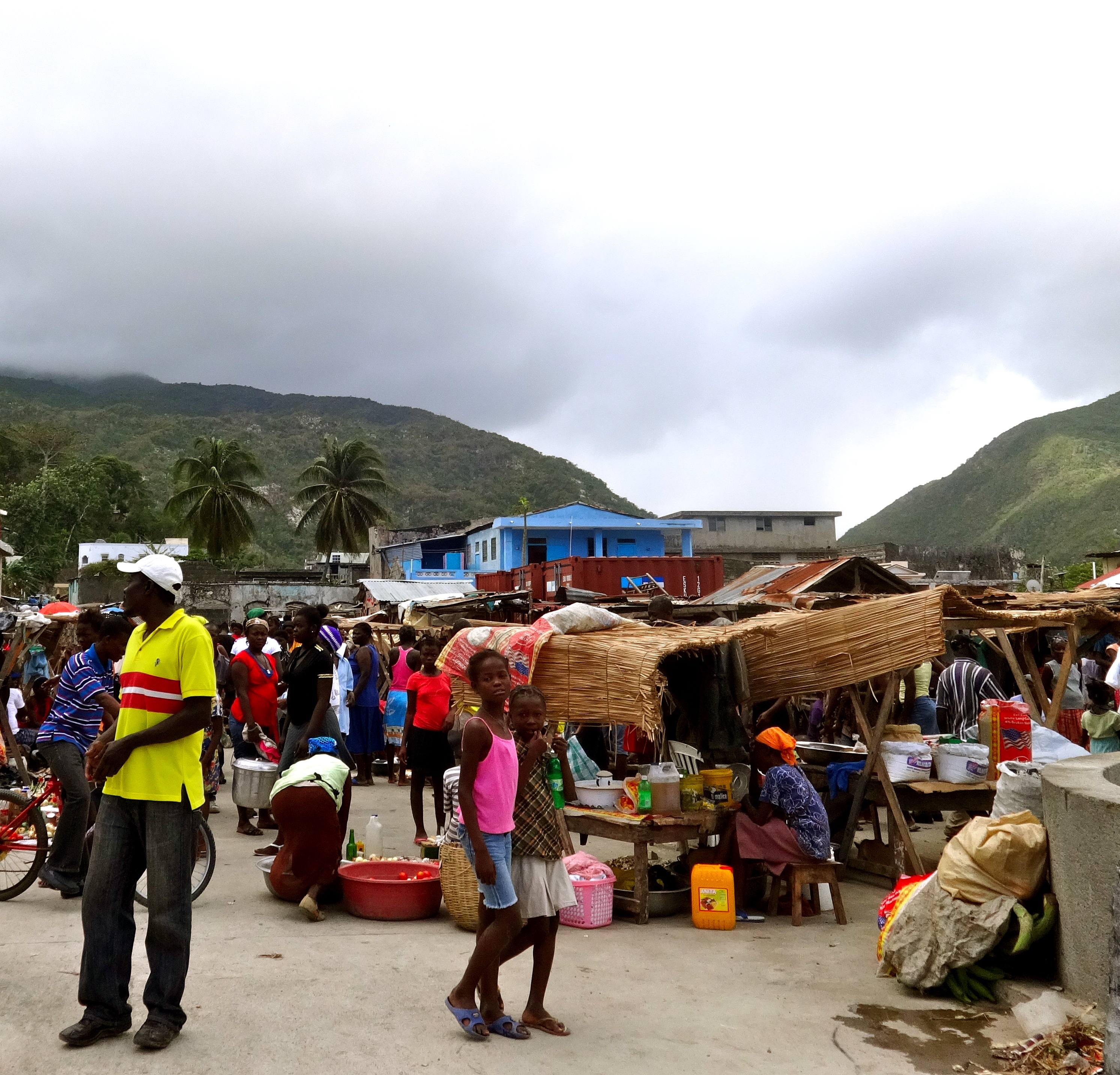Who’s on the other end of your camera?
Cameras and photography continue to represent tricky terrain; how should we react to the people in front of our cameras? Please don’t forget that these people are so much more than the subject of your photo.
People care about how they’re represented, both in the U.S. and in Haiti. So this week, we’re going to switch our perspective to the other side of the lens.
As the subject of a picture, we generally decide how we feel about it based on how well it lines up with our idea of who we are (as the best version of ourselves): “Yup, that’s me!” or “Ickk, no way that’s a terrible picture! Delete it!”
During my first visit to Haiti I met a family near the hospital where I was staying. We spoke on a few separate occasions and on the last day before I left I asked if I could take their picture. They exchanged a few quick words amongst themselves, smiled, and walked away.
They came back 30 minutes later dressed in their Sunday best, ready for a family portrait. It was in that moment that I realized I had never stopped to think that they might value their appearance the way that I do in a photo, enough to walk home and change out of their everyday clothes into something that made them feel like they were at their best.
On another occasion, and a separate trip, our group was walking through the market place, cameras in hand, teeming with excitability over foods and products we’d never seen displayed like they were here. The vendors blended in with the chaos and energy of the market place and it took a moment for us to realize that the woman behind the stall where we had stopped was growing frustrated as she continued to repeat “Pa fè foto souple!” No pictures please.
All of a sudden she was an individual again, not a face lost in a throng of people, but a woman who didn’t want her picture taken and had every right to that small degree of privacy.
It’s easy to dismiss basic etiquette with statements like, “Oh, they’re never going to see it.”
But the truth is, that’s irrelevant.
We need to make sure that we’re aware enough to respect the wishes of those around us, and informed enough to be respectful of the boundaries they set.
Side note: if it’s a child, this is an easy one, would you want your child in this photo? Or does the idea of a stranger taking a picture of your child in a similar situation make you uncomfortable?
As a general rule, if you’re the photographer, you should make sure that you extend the same courtesy (in Haiti and elsewhere) that you would ask for if you were on the other end of the camera.
by Erin Nguyen on December 4, 2014
If you’re enjoying our series on photography, make sure you don’t miss our final post! Read it here: Photography in Haiti, What We Take and What We Leave Behind


